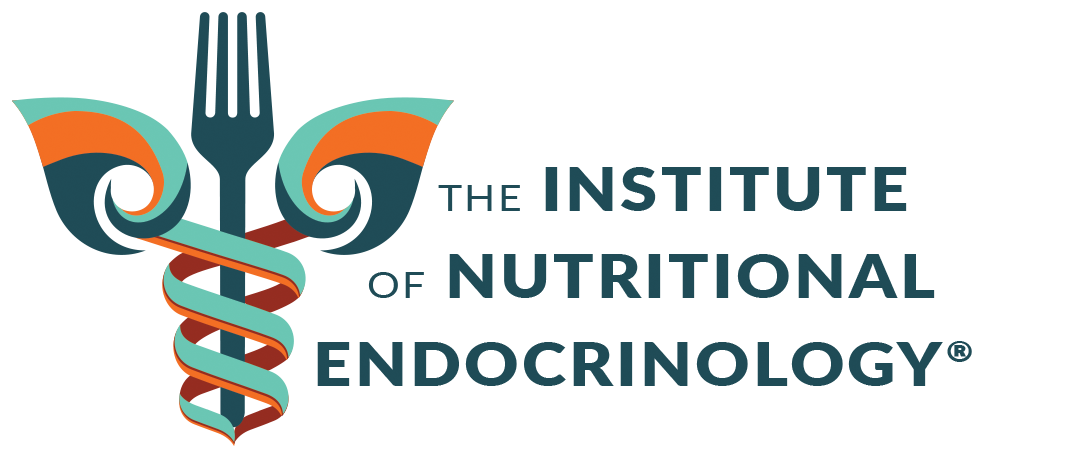Loss of delta-6-desaturase activity as a key factor in aging – June 26th, 2016
Nutritional Endocrinology Practitioner Training (NEPT)
Clinical Pearl
June 26th, 2016
Loss of delta-6-desaturase activity as a key factor in aging
I came across some interesting research regarding delta-6-desaturase (D6D), the enzyme responsible for elongating the short-chain essential fatty acids, linoleic acid and alpha linolenic acid, into the long-chain EPA, DHA, GLA, and DGLA.
We’ve known for a long time that deficiencies of B vitamins, magnesium, vitamin C, zinc, and other nutrients can slow down this conversion.
This article by Dr. David Horrobin attributes D6D deficiency to more rapid aging.
According to Dr. Horrobin, with aging, delta-6-desaturase (D6D) levels have been found to fall rapidly in the testes and more slowly in the liver in aging rats.
Factors which inhibit D6D activity are diabetes, alcohol, and radiation – all of which may be associated with accelerated aging.
In meat eaters or omnivores, since arachidonic acid is acquired from food, the main consequences of D6D loss will be deficiencies of GLA, dihomogammalinolenic acid (DGLA), and prostaglandin (PG) E1. PGE1 activates T lymphocytes, inhibits smooth muscle proliferation and thrombosis, is important in gonadal function, and raises cyclic AMP levels in many tissues.
Moderate food restriction raises D6D activity by 300%. Food restriction is the only activity that consistently contributes to slowed aging.
Other factors important in regulating D6D and the conversion of GLA to PGE1 are:
- Zinc
- Vitamin B6
- Vitamin C
- Melatonin
- Possibly vitamin B3
If you are a little cloudy on D6D and all its functions and inhibitors, please review the Macronutrients module for details.
http://www.ncbi.nlm.nih.gov/pubmed/6270521

